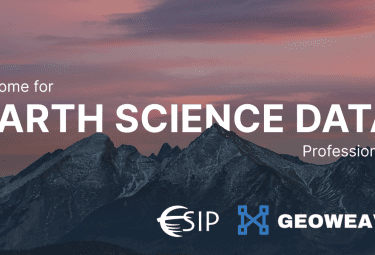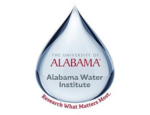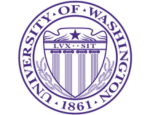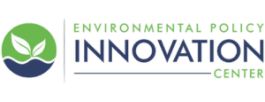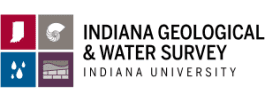Innovation to Impact. See you at the July ESIP Meeting.
Why microfunding matters.
You don’t don’t need to know everything. Learning new skills — and testing new ideas — takes time, resources, and deliberate effort. That’s why our grants process focuses on tying technical goals to learning objectives.
Everyone needs support. Getting financial backing is a key part of research, but so is community. Join ours and help the whole Earth science data community grow.
ESIP Lab Projects
$100k
Total dollars granted through the ESIP Lab each year for pilot projects and FUNding Friday.
50+
Total projects funded and guided through the ESIP Lab small-grant innovation process.
>$2M
Additional funding secured by ESIP Lab pilot projects through NSF, NASA, and NOAA.
$200k
Cloud provider credits used by ESIP Lab projects each year.



